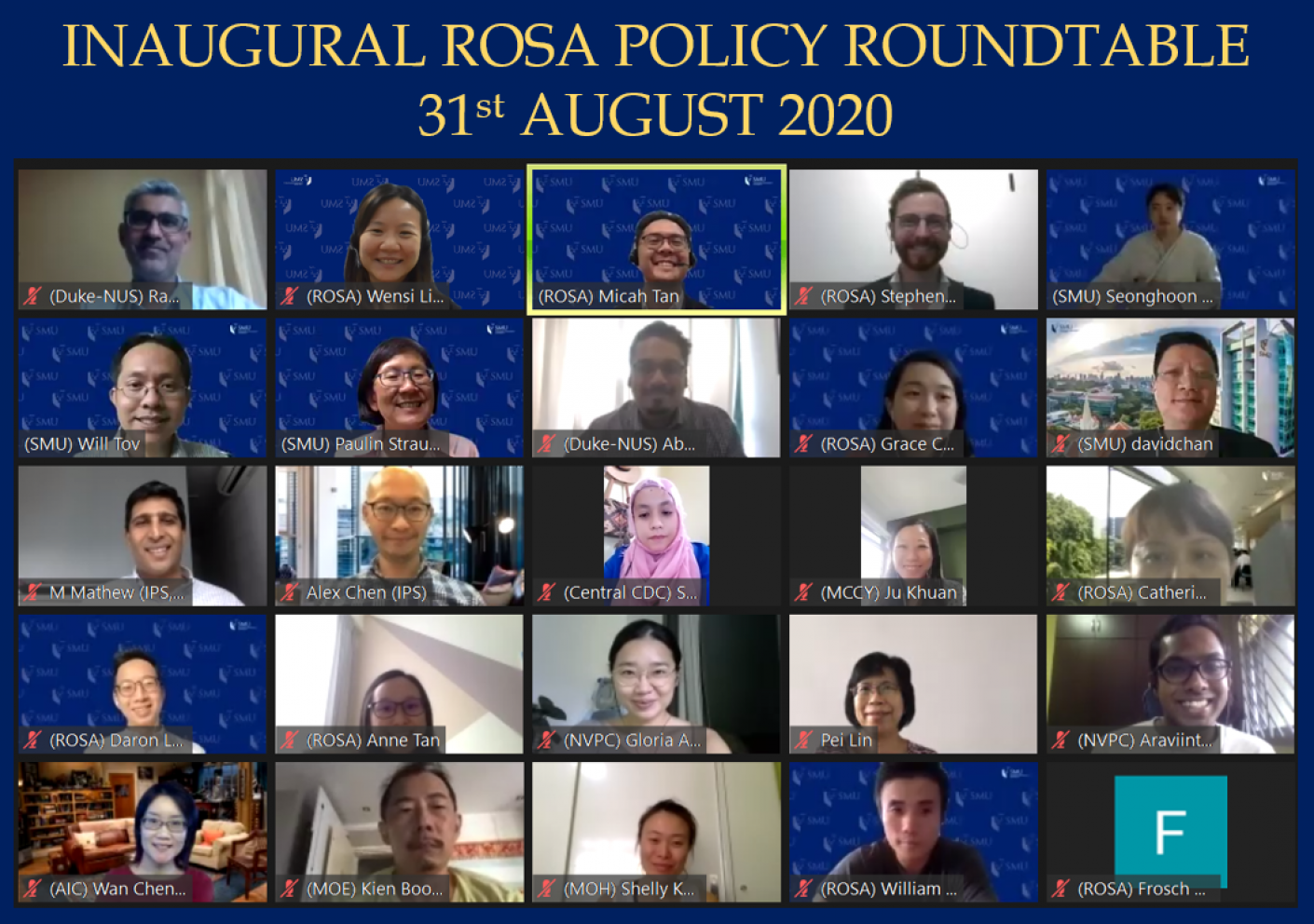
The Centre for Research on Successful Ageing (ROSA) Holds its Inaugural Policy Roundtable
The Centre for Research on Successful Ageing (ROSA) held its inaugural Policy Roundtable on the 31st of August 2020. The focus of the roundtable was on how the COVID-19 pandemic has affected the wellbeing of older adults in Singapore, with researchers from ROSA’s research team presenting their findings on the issue within the health, economic, psychological, and social domains. Discussions on how policy interventions can best mitigate the effects of COVID-19 on the wellbeing of older adults were also held between ROSA researchers and the 38 representatives from the Agency for Integrated Care (AIC), Central Singapore Community Development Council (CDC), Community and Youth (MCCY), Ministry of Education (MOE), Ministry of Health (MOH), Ministry of Manpower (MOM), Ministry of Social and Family Development (MSF), National Council of Social Services (NCSS), and National Volunteer and Philanthropy Centre (NVPC) who attended the roundtable.
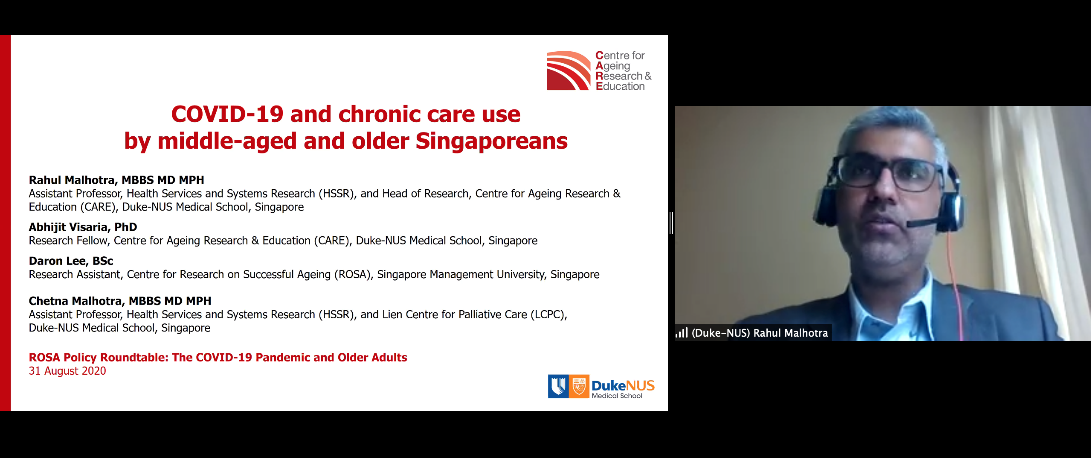
Figure 1: Dr Malhotra presents his team's research findings
For the first presentation, Dr Rahul Malhotra, ROSA’s collaborator from Duke-NUS Medical School, shared findings on COVID-19’s impact on healthcare use of older Singaporeans. He shared that 2 in 5 Singaporeans aged 55 - 75 with at least one chronic health condition, such as hypertension or diabetes, experienced a disruption in care of their health condition(s). While this disruption was largely due to cancellations by care providers, 3 in 10 cancelled their healthcare appointments due to the fear of getting infected with COVID-19. The latter was more common among individuals with a lower socio-economic status. Females and wealthier individuals were also found to be more likely to experience disruption in care of their health condition(s). Dr Malhotra suggests that this is likely attributed to women being more proactive in seeking healthcare, as previous studies have established, and the wealthy having the necessary resources to establish a rigorous care routine in the first place. Policies encouraging health management behaviours and allaying the fear of COVID-19 infection, especially among the individuals with a lower socioeconomic status, are important to ensure that the health of older Singaporeans is not side-lined due to the pandemic.
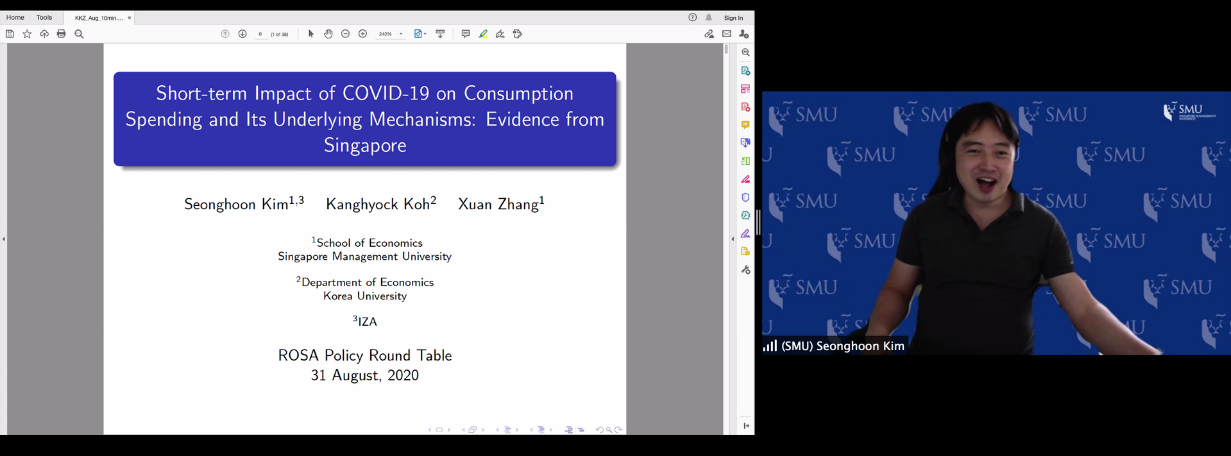
Figure 2: Dr Kim sharing his findings on COVID-19's impact on consumer spending
The second presentation by Dr Seonghoon Kim, a Deputy Director at ROSA, touched on COVID-19’s impact on consumption spending in Singapore. Consumption spending trends remained fairly stable when compared to the previous year until January 2020, but began to fall in the months of February and March and declined sharply by around 25% in the months of April and May. Dr Kim attributes the decline in spending to several factors. First, movement restrictions of the ‘Circuit Breaker’ meant that there were fewer opportunities for spending. Second, financial uncertainties of the future led to respondents diverting money away from spending and towards their savings instead. Third, a loss of income reduced consumption spending, accounting for about a third of its decline. On a positive note, since exiting from the ‘Circuit Breaker’, Singapore’s V-shaped recovery pattern appears to be very resilient. To provide better income insurance against the adverse impact of COVID-19, Dr Kim suggests that policy makers could look into allowing a temporary CPF withdrawal among those who lost incomes during such periods and provide subsidies based on income rather than across the board grants.
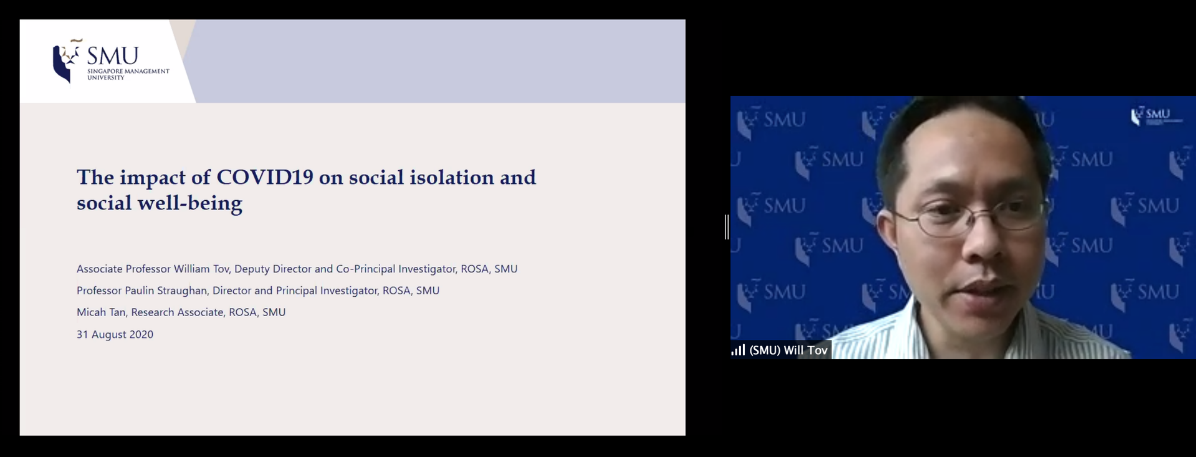
Figure 3: Dr Tov explaining his findings
Dr William Tov, a Deputy Director at ROSA as well, next shared on the impact of COVID-19 on social isolation and social-wellbeing. Leading up to the start of the ‘Circuit Breaker’, the relatively stable trends in social satisfaction began to fall in March and continued to decline sharply in the months of April and May during the ‘Circuit Breaker’. Similarly, feelings of isolation increased during the ‘Circuit Breaker’ in April. While these trends are similarly documented amongst individuals living alone and those who were not, the ‘Circuit Breaker’ had a much starker impact on the former. Dr Tov also highlighted the importance of engaging in meaningful activities- time spent on physical and religious activities was associated with improvements in well-being, while time spent on ‘doing nothing’ was associated with an increase in feelings of sadness and dissatisfaction. Based on these findings, Dr Tov notes that seniors living alone are particularly vulnerable to the ill effects of a lockdown, and measures to enhance the well-being of seniors must look into ways to engage them in meaningful activities and reduce the time spent on ‘doing nothing’.
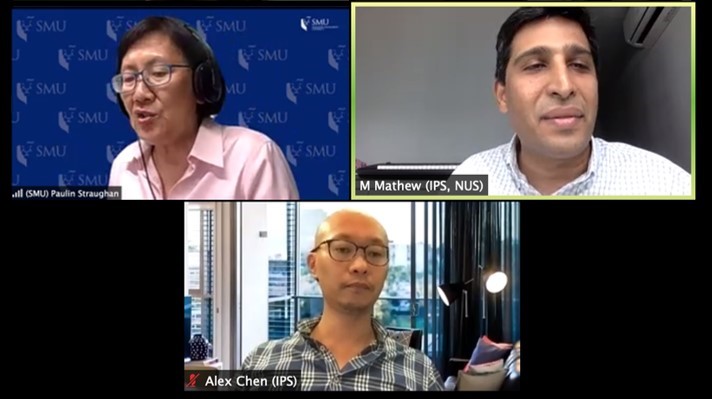
Figure 5: Professor Straughan, Dr Mathews, and Dr Tan presenting their findings
The final presentation on COVID-19’s impact on the psychosocial well-being among older adults was by Professor Paulin Straughan, Director of ROSA, and ROSA’s collaborators from the Institute of Policy Studies Social Lab, Dr Mathew Mathews and Dr Alex Tan. The toll the ‘Circuit Breaker’ has had on older Singaporeans’ well-being was most evident by the parallel declines in satisfaction with life overall, social life and economic satisfaction since February, which then bottomed in May. Encouragingly, safeguarding the well-being of seniors during the pandemic is well within the governments’ capabilities; government support has proven to be effective in ameliorating COVID-19’s impact on well-being- respondents who leveraged government support experienced significantly higher levels of overall life satisfaction throughout the course of the pandemic. In these times of uncertainty, older Singaporeans were actively seeking out information to keep themselves informed of the ongoing pandemic, relying mainly on traditional broadcast media. Worryingly, however, the digital divide has made it difficult for older adults who are less digitally savvy to adapt to the circumstances of the ‘Circuit Breaker’. For instance, seniors who do not use various communication technologies were more dissatisfied and felt socially isolated from the rest of the community, reinforcing the necessity to develop strong tech literacy skills among the older population. Dr Mathews also shared that seniors tended to report lower levels of stress compared to the younger population, perhaps owing to their resilience and difference in perspective. Additionally, the older population’s high level of trust in the government is indicative that seniors look towards the government as an authoritative source to get a signal of the severity of a crisis. Dr Mathews urged public communicators to remain in touch with the community to better understand sentiments on the ground, and address their concerns.
Participants actively contributed to the discussion after each presentation, encouraging a dynamic exchange on the issues at hand and facilitating a sharing of the process of academic research. They posed many insightful questions, such as whether existing support schemes have cushioned the impact of COVID-19 on older Singaporeans, and sought recommendations for interventions can meaningfully engage seniors across the digital divide, shaping potential directions for the centre’s future research. At the end of the session, participants’ sharing of their organization’s research interests raised possible avenues for future collaborations to improve the well-being of older Singaporeans.
Overall, ROSA’s inaugural Policy Roundtable was a huge success and we would like to thank all who attended for making it so. We look forward to holding more roundtables in the future and to having more stimulating discussions on how we can best provide for older adults in Singapore!